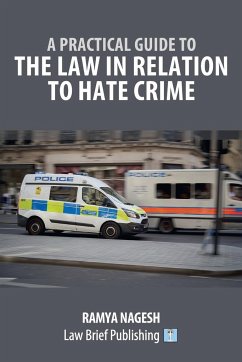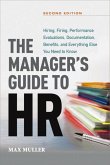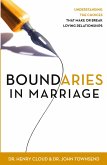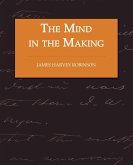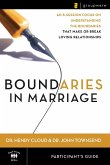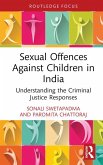The concept of hate crime in itself is not new; so long as minorities have existed, so too have crimes targeting them for their minority status. However, the way in which the law deals with such crimes has undergone numerous changes over the years. For example, hate crime legislation no longer encompasses racial or religious aggravation alone, but has been extended to apply to characteristics such as disability, sexual orientation and transgender identity, with ongoing debate as to whether it should broaden its definition to a greater range of characteristics. It is vital for any practitioner, student or indeed anyone with an interest in this fast-growing area, to have an understanding of its governing legislation, precedent and key issues. This book, 'A Practical Guide to The Law In Relation to Hate Crime', is designed to give the reader exactly that knowledge. Its contents include an analysis of all the relevant legislation, key Court decisions, issues that may arise when prosecuting or defending a case with a hate crime element and tips for approaching a case with a hate crime element. In short, it is a practical and comprehensive guide to hate crime law at your fingertips, and will be an essential tool for all those involved in prosecuting or defending cases with a hate crime element. ABOUT THE AUTHOR Ramya Nagesh is a barrister at No 5 Chambers who specialises primarily in criminal law. She has a particular interest in cases involving a hate crime element: as well as appearing in those cases for both the Prosecution and the Defence, she also sits as the independent legal representative on the West Midlands Hate Crime Panel. Ramya has authored articles about hate crime for the legal publications "Criminal Law and Justice Weekly" and "Counsel". Ramya has always been interested in how the law can be used to help those placed in vulnerable positions; it was this that drew her to criminal law in the first place, and has drawn her to her particular focus on hate crime. Over the years, then, Ramya has built a wealth of expertise in criminal matters, for both the Prosecution and the Defence, representing both individuals and corporations. The vast majority of her work is in the Crown Court, where her practice is in all areas of general crime, but she also appears in the Court of Appeal. She advises a variety of clients on a range of matters, including international human rights law, appeals to the Court of Appeal (including in Imprisonment for Public Protection cases) and appeals to the Criminal Cases Review Commission. As well as her daily work in Court, Ramya has worked on larger Inquests and Inquiries. For example, she was one of a team representing an interested party to the Hillsborough Inquest in 2014. She was also instructed in a similar role for a party to the Independent Jersey Care Inquiry that year, which examined allegations of decades of physical and sexual abuse of children in the Jersey care system. In addition, Ramya did not come straight to the criminal Bar after completing her law degree; she first worked for several years in human rights and international criminal law. She worked at the International Criminal Court in The Hague, the International Criminal Law Network in The Hague, the Kurdish Human Rights Project in London and SICHREM (a grassroots human rights charity) in India. She augmented this interest when she gained a Masters in Human Rights from the London School of Economics in 2011.
Hinweis: Dieser Artikel kann nur an eine deutsche Lieferadresse ausgeliefert werden.
Hinweis: Dieser Artikel kann nur an eine deutsche Lieferadresse ausgeliefert werden.

